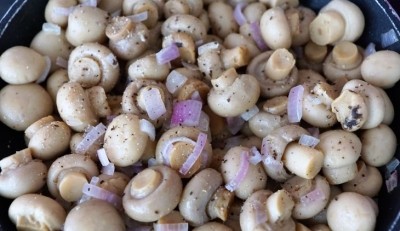Global food trends for 2018

The market research expert's Global Food and Drink Trends 2018 report revealed that drinkers and diners want to know exactly what is in the products they are consuming.
The report also said businesses, including pubs, should look to include foods with additional textures to attract younger customers.
Full disclosure
Mintel has revealed that consumers are looking for complete and total transparency about what they are eating and drinking.
The report stated that the need for reassurance about the safety and trustworthiness of food and drink has led to increased use of natural, as well as ethical and environmental, claims in global food and drink launches.
Self-fulfilling practices
As more consumers find modern life to be hectic and stressful, flexible and balanced diets will become "integral elements of self-care routines", the report said.
Consumers seeking more routine relief from stress will continue to change the definition of ‘permissible indulgence’ from the rare, over-the-top feast to more habitual, better-for-you and flavourful treats.
Balance-minded consumers are often willing to write their own definitions of 'healthy' based on occasion and need, the report goes on.
Some 41% of UK snacking consumers, for example, agreed that unhealthy snacks such as those high in sugar or salt are fine as part of a balanced diet.
New sensations
Texture is the latest tool to engage the senses and deliver share-worthy experiences. In 2016, Mintel’s Global Food and Drink Trend, Eat With Your Eyes report found the potential for food and drink to involve more of the senses through colour, shape, fragrance and other elements.
In 2018, the sound, feel and satisfaction texture provides will become more important to companies and consumers.
Food and drink designed with additional textures has the potential to engage younger generations who are hungry for experiences, says the report.
Scientific fare
Technology will begin to disrupt the traditional food chain in 2018 as enterprising manufacturers aim to replace farms and factories with laboratories.
An important development likely to capture consumers will be products that provide acceptable substitutions to their harvested counterparts, with a quarter of UK consumers agreeing that meat substitutes similar in taste, texture, and/or appearance to real meat appeal to them.
Technology could also eventually be used to design food and drink that is more nutritious, with the potential to extend the audience of scientifically-engineered food and drink to include nutrition-conscious consumers.







